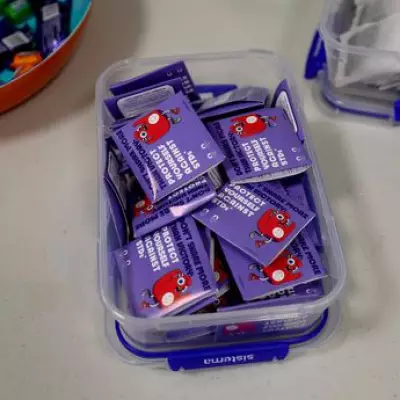
US Senator JD Vance has found himself at the centre of a brewing controversy during his visit to the picturesque Cotswolds, following remarks made about Jeremy Clarkson's farming endeavours. The Republican politician, known for his outspoken views, reportedly criticised Clarkson's approach to agriculture during a private gathering.
The clash of ideologies emerged after Vance toured the region, including areas near Clarkson's now-famous Diddly Squat Farm. Locals claim the senator expressed scepticism about the TV personality's farming methods, which have been documented in the popular Amazon series Clarkson's Farm.
Political Farming Feud
Sources suggest Vance questioned the sustainability of small-scale British farming operations like Clarkson's, sparking heated discussions among agricultural experts and political commentators. The senator's views appear to contrast sharply with the public's generally positive reception of Clarkson's honest portrayal of farming challenges.
Jeremy Clarkson, never one to shy away from controversy, has yet to publicly respond to Vance's comments. However, insiders report the Top Gear star is privately amused by the transatlantic political attention his farm has attracted.
Tourist Attraction or Agricultural Enterprise?
The debate raises questions about the changing face of British farming and its intersection with celebrity culture. Diddly Squat Farm has become something of a tourist attraction since the show's success, with visitors flocking to the site despite local concerns about traffic and disruption.
Vance's comments have added fuel to ongoing discussions about the future of UK agriculture, particularly regarding the balance between traditional farming practices and modern entertainment-driven approaches.
Political analysts suggest the senator's intervention may be part of a broader strategy to position himself on international agricultural policy, though others see it as an unnecessary foray into British domestic affairs.





